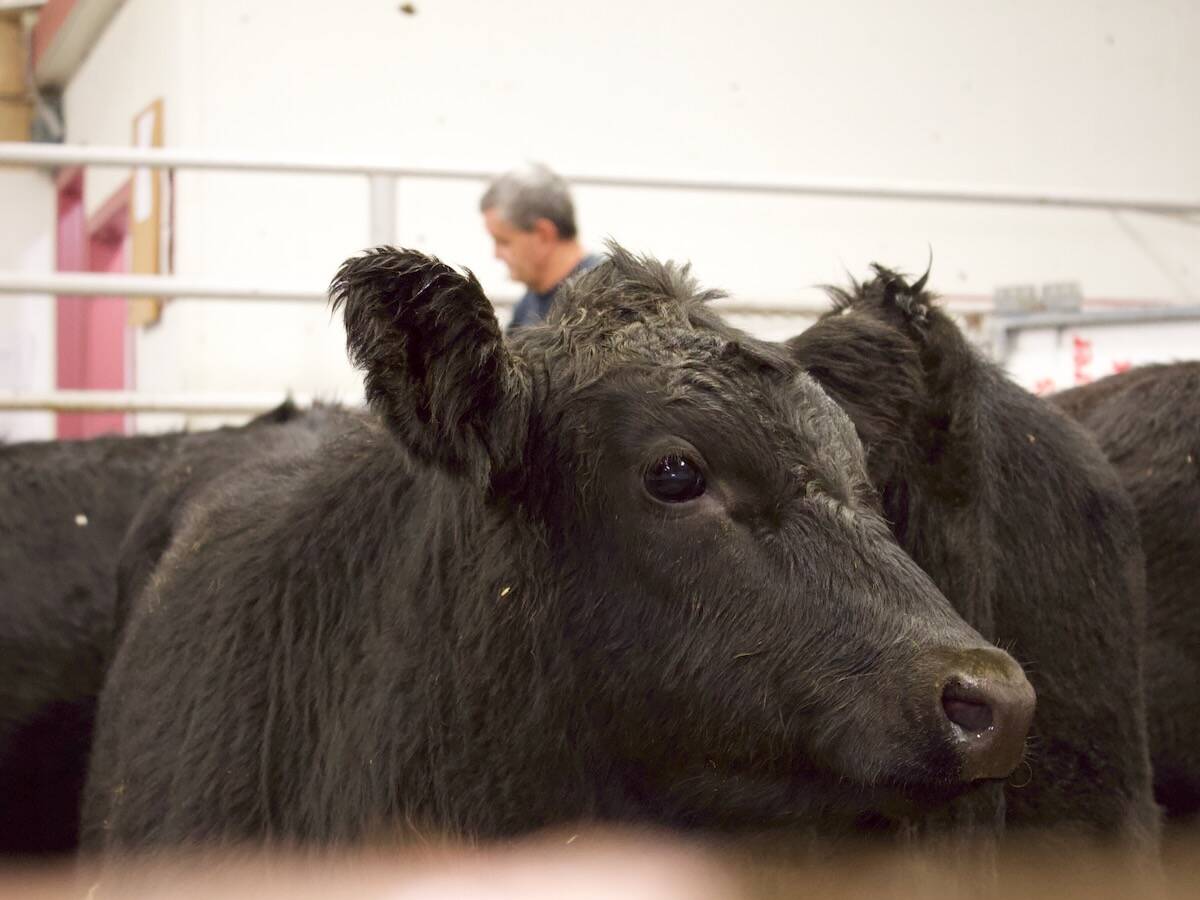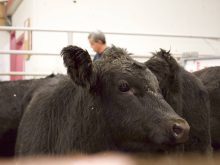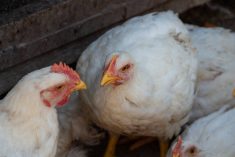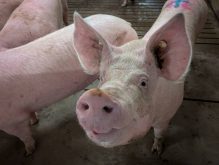A pilot project to help block animal health problems from becoming cross-Canada outbreaks and trade barriers has picked up federal funding to move to round-the-clock operation.
The West Hawk Lake (WHL) Zoning Initiative, a government/industry project spearheaded by the Canadian Animal Health Coalition, a Guelph-based non-profit organization for the livestock sector, will get up to $2 million from the federal Canadian Integrated Food Safety Initiative (CIFSI).
West Hawk Lake, just west of the Manitoba/Ontario border and about 60 km east of Kenora, Ont., is considered a control point on the only major highway and railways connecting Eastern and Western Canada, near the longitudinal centre of the country.
Read Also

Cash incentive for CRSB Certified beef producers launched
The Canadian Roundtable for Sustainable Beef (CRSB) has launched an incentive payment for CRSB Certified producers.
It was thus tapped as the home of the zoning initiative’s pilot project, designed to gather data with co-operation from producers and the transport sector, regarding animal movement across the WHL site into Eastern or Western Canada.
Stored in a database, animal movement data from the WHL site can then be accessed in an emergency, providing an “immediate” response to a foreign animal disease while “significantly” enhancing disease containment capacity, and cutting the associated risks, the government said.
The project is meant to provide the capability to contain an outbreak in one of the two zones, so in the “unlikely event “of an outbreak, product from the other zone is “safe and ready for consumption in domestic and international markets,” the government said in a release Saturday.
With this funding, the West Hawk Lake facility will shift from a pilot project to a “24/7 fully operational facility with the ability to track and control movement in case of an emergency where response time is critical.”
“West Hawk Lake is a vital point that links Western and Eastern Canada,” federal Public Safety Minister Vic Toews, the MP for that region of southeastern Manitoba, said in the government’s release. “Monitoring this access point will help us to ensure we’re able to keep Canadian livestock healthy and productive.”
The coalition on May 5 posted a contract job opening for a “field associate,” to provide producers with on-site assessments of their ability to meet WHL zoning needs; to log and code data as needed for the WHL database; and to follow up with producers, if necessary, among other duties.
CIFSI, which will fund the site’s move to 24/7, is delivered nationally by Agriculture and Agri-Food Canada and includes support programs for traceability infrastructure and food safety system development.













